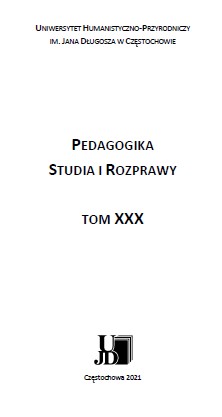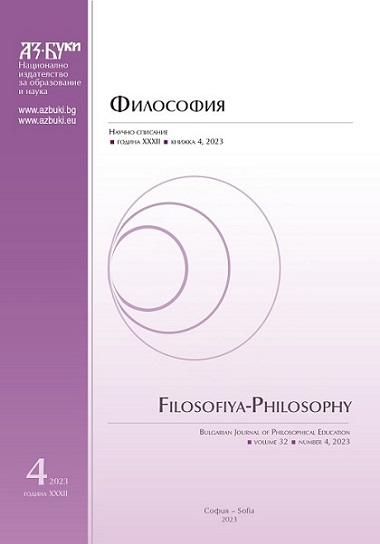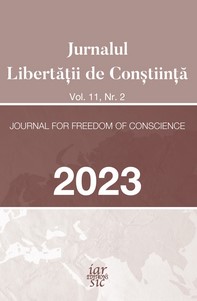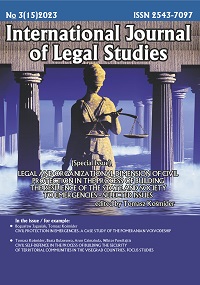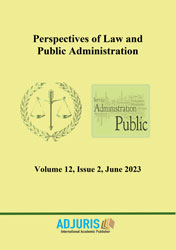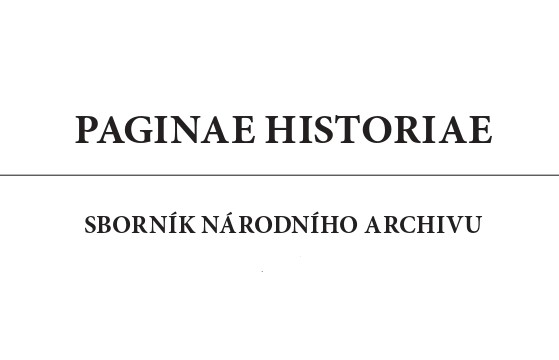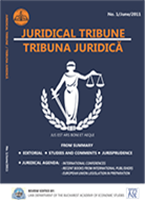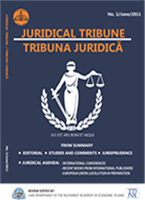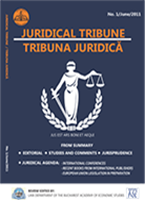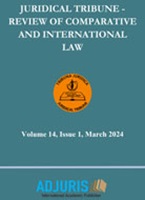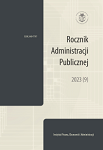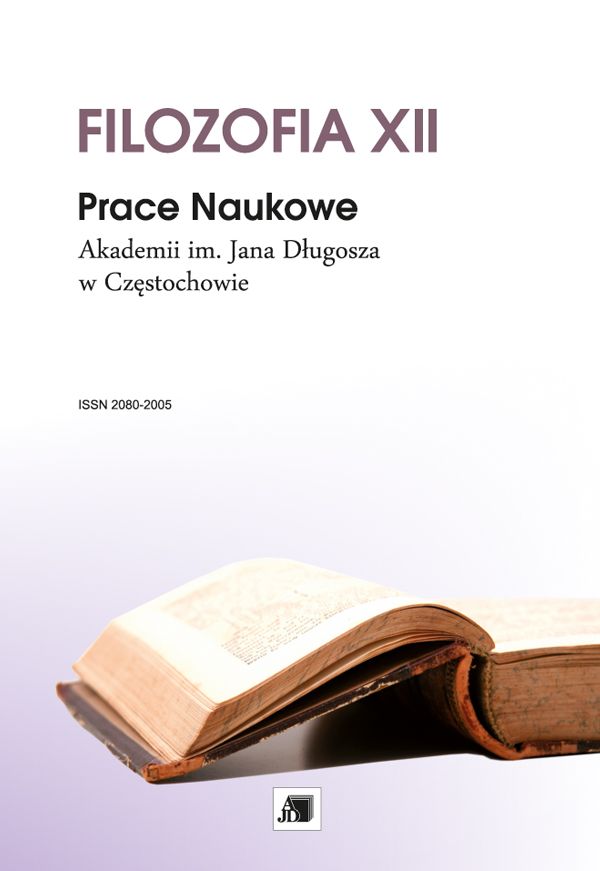
Prawno-filozoficzny problem możliwości wykonywania kary śmierci w kontekście prawa do życia w świetle współczesnych dokumentów międzynarodowych
The right to life is one of the most fundamental rights of every man. However, the immanent feature of capital punishment is its irreversibility. Therefore, the breached right to life cannot be restored.The issue of admissibility of sentencing to and execution of death penalty in the context of the right to life exists not only due to axiological and general preventive reasons but also due to the growing importance of treaties signed by numerous states, whose dignitaries do not always agree with the interpretation of international tribunals.Looking at international documents executed after World War II and their interpretation by courts and tribunals of the particular states of the world, it has to be stated that there is no doubt about the absolute innate inalienable and universal character of the right to life, however, the scope of its applicability remains a matter of dispute, also in the context of death penalty.Prawo do życia jest najbardziej fundamentalnym uprawnieniem, jakie przysługuje każdemu człowiekowi. Z kolei immanentną cechą kary śmierci jest jej nieodwracalność. W związku z powyższym nie można przywrócić naruszonego najważniejszego prawa, jakie posiada człowiek. Problem możliwości wykonywania kary śmierci w kontekście prawa do życia jest obecny nie tylko na płaszczyźnie aksjologicznej i prewencyjnej (odstraszającej), lecz także w aspekcie coraz silniej akcentowanego prawa międzynarodowego. Ponadto nie sposób mówić o karze głównej, pomijając zagadnienia filozoficzne oraz prawnofilozoficzne. Wydaje się, iż są one fundamentem sporów o możliwość legalnego pozbawienia życia przez państwo, natomiast dogmatyka prawa jest kwestią równie istotną, lecz zawsze wtórną. Nie ma wątpliwości co do bezwzględnego, przyrodzonego, niezbywalnego i uniwersalnego charakteru prawa do życia, lecz kwestią sporną do dnia dzisiejszego pozostaje zakres jego obowiązywania, także w kontekście głównego przedmiotu sporu niniejszego artykułu, jakim jest kara śmierci.
More...
